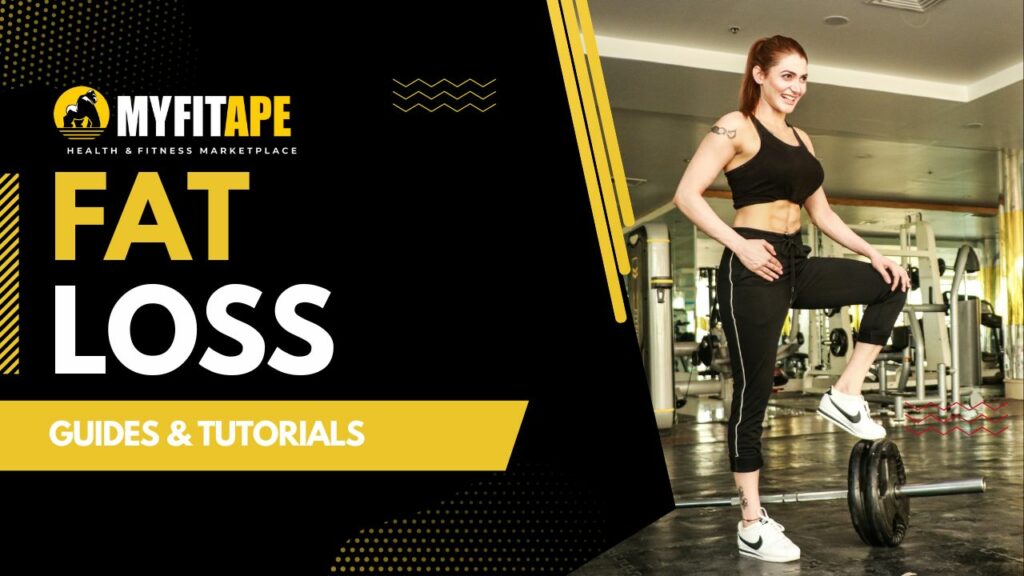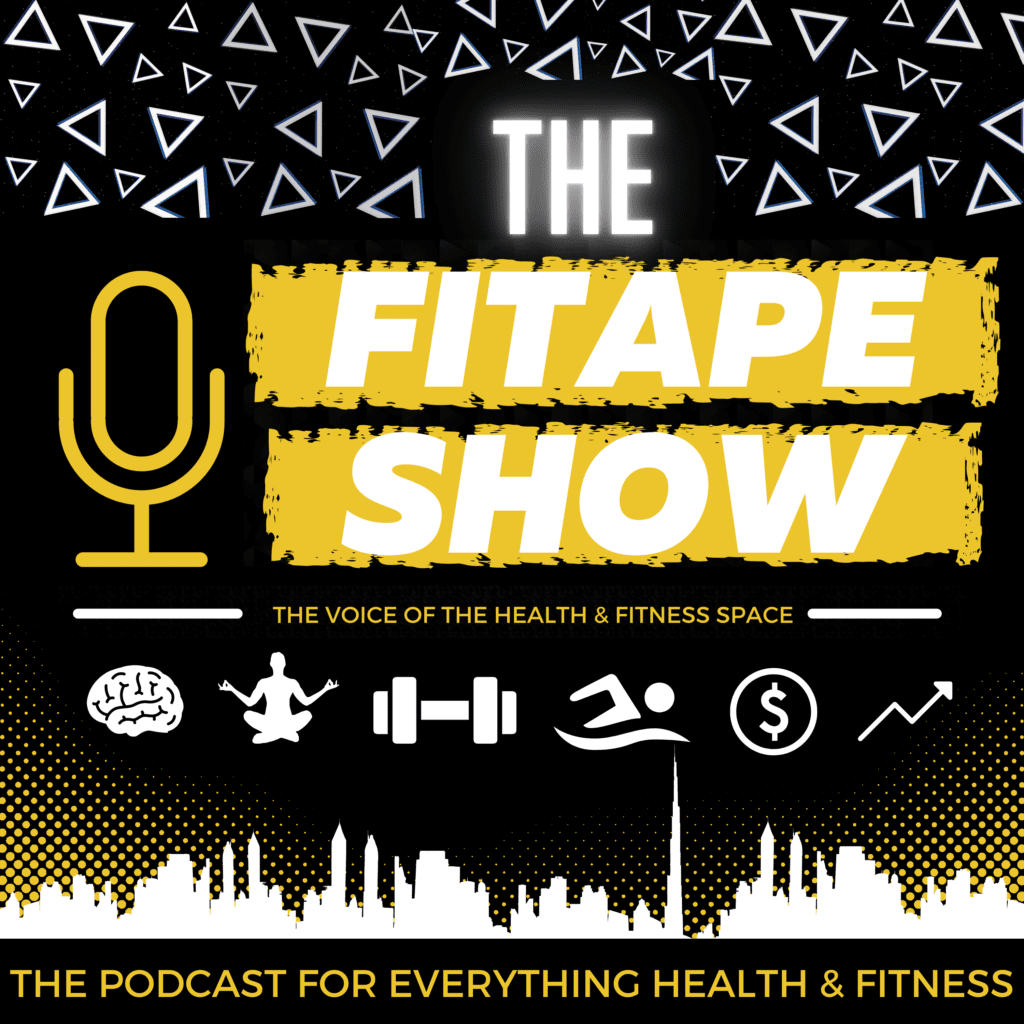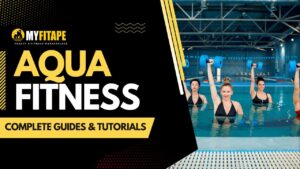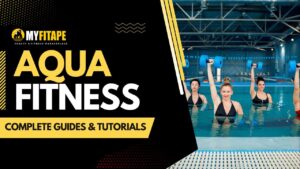Guide to Eating Right Before Exercise
If you want to maximize your fat burning results from your workout, then fueling your body with the right food before your sweat session is key. Eating something before exercise can help provide enough energy to help power your workout and help you perform at your best.
The purpose of a pre-workout meal is to provide energy and also to ensure good digestion and prevent hunger during your workout. Eating before exercise affects performance, from how well you can perform to how quickly you can recover afterwards.
What to Eat Before Exercise
The best pre-workout meals should contain some combination of complex carbohydrates, proteins, and healthy fats.
- Complex carbohydrates: Complex carbohydrates are slow digesting forms of carbohydrates, and provide slow-release energy. Examples include whole wheat bread, oatmeal, quinoa, brown rice, or sweet potatoes.
- Protein: Protein is important for muscle repair and recovery, as well as providing additional energy. Examples include lean meats like chicken or fish, eggs, cottage cheese, or protein powder.
- Healthy fats: Fats are an important fuel source for energy during exercise. Try adding healthy fats such as avocado, nuts, seeds, nut butters, or fatty fish.
It is best to avoid any high sugar or high-fat foods before exercise, as these can cause an energy crash mid-workout.
Timing
It is best to eat a pre-workout meal around 30-60 minutes before exercise to give your body enough time to digest the food. A meal that is high in fat or protein may take longer to digest, so it is important to give it enough time to do so.
FAQ
1. What type of food should I eat before a workout?
The best pre-workout meals should contain some combination of complex carbohydrates, proteins, and healthy fats. Examples include whole wheat bread, oatmeal, quinoa, brown rice, or sweet potatoes, lean meats like chicken or fish, eggs, cottage cheese, or protein powder, nuts, seeds, nut butters, or fatty fish.
2. When should I eat before my workout?
It is best to eat a pre-workout meal around 30-60 minutes before exercise to give your body enough time to digest the food.
3. What types of food should I avoid before a workout?
It is best to avoid any high sugar or high-fat foods before exercise, as these can cause an energy crash mid-workout.
How can seasonings be utilized for fat-loss friendly pre-workout meals?
Seasonings can be used to improve the flavor of a fat-loss friendly pre-workout meal without adding extra calories. Some good options to consider include:• Spices like cinnamon, chili powder, cumin, turmeric, and garlic powder.
• Herbs like oregano, basil, rosemary, and thyme.
• Citrus fruits like lemon and lime.
• Fresh vegetables like bell peppers, onion, and celery.
• Vinegars like balsamic, apple cider, and white wine.
Other ideas for adding flavor to a fat-loss friendly pre-workout meal include adding salsa or hot sauce, mixing in peanut butter or nut butter, or adding nuts or nut butters for a crunchy texture. Having various seasonings, herbs, and spices on hand can make it easier to create flavorful pre-workout meals without compromising the calorie count.
What type of foods should be avoided prior to a workout?
High-fat and fried foods should be avoided prior to a workout, as they are difficult to digest and can cause stomach discomfort. High-sugar and processed foods are also not ideal pre-workout snacks, as they can cause a quick spike and crash in energy levels. Complex carbohydrates, lean proteins, and foods high in vitamins and minerals are best for pre-workout meals.Are pre-workout meals more effective when consumed more than an hour before exercise?
Yes, pre-workout meals are more effective when consumed more than an hour before exercise. Eating a well-balanced meal that contains carbohydrates, protein, and healthy fats will provide your body with the energy it needs to perform optimally throughout your workout. Eating too close to when you start your exercise session can lead to digestive issues and will not provide your body with enough time to adequately digest the food.What are some tips for reducing deficiencies that may be caused by eating pre-workout?
- Eat a balanced diet. Eating a balanced diet with plenty of whole grains, fresh fruits and vegetables, lean proteins, and healthy fats can help to ensure that you are getting all the necessary vitamins and minerals you need.
- Include foods that are high in essential vitamins and minerals. Foods like eggs, nuts, seaweed, and leafy greens are good sources of essential vitamins and minerals like iron, calcium, and magnesium.
- Take a multivitamin. Taking a daily multivitamin can help to fill in any nutritional gaps due to the lack of certain vitamins and minerals in pre-workout supplements.
- Drink plenty of water. Staying hydrated is important to ensure that your body is working at its best and that you are getting all the necessary vitamins and minerals from the foods you are eating.
- Get enough sleep. Getting enough sleep helps to replenish the vitamins and minerals in your body, which can help to reduce deficiencies caused by pre-workout supplements.
- Check the label. Read the ingredient list on any pre-workout supplements to make sure that it doesn’t contain any extras that could contribute to deficiencies.





